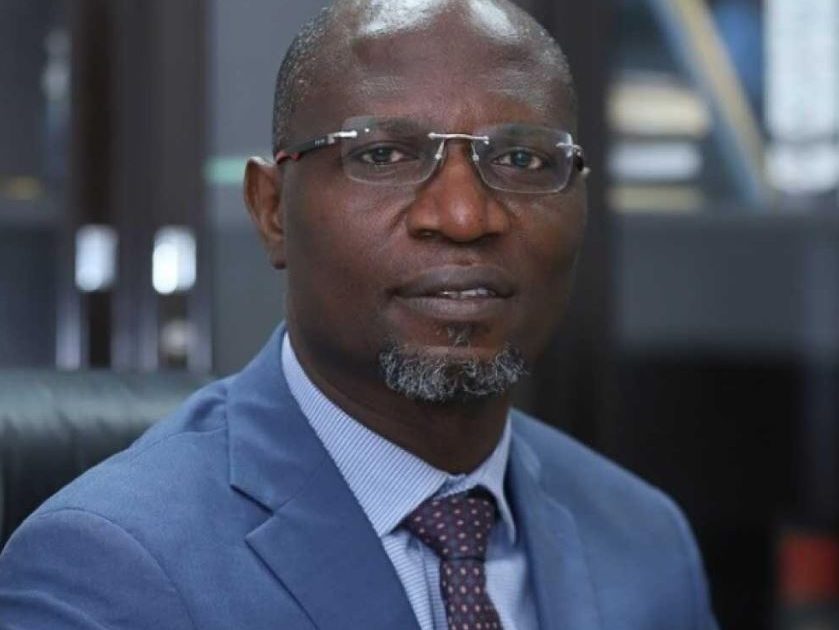The Director General of the Securities and Exchange Commission (SEC), Emomotimi Agama, recently highlighted the pressing need for over $50 billion in investments to address Nigeria’s significant infrastructure deficit. Making these remarks during a panel discussion themed ‘Financing the Future in Nigeria’ in Lagos, Agama pointed out that the capital market can significantly contribute to bridging this financial gap. He argued that with the right investor education and the cultivation of awareness, the capital market could mobilize essential funds to support infrastructure across various sectors. This, he noted, is critical as the capital market serves as an indicator or “barometer” of any economy’s health, suggesting its pivotal role in Nigeria’s economic strategies.
Agama further elaborated on Nigeria’s vast economic potential, asserting that the country could achieve a $1 trillion economy as envisioned by President Bola Tinubu, but it would necessitate the harnessing of resources from the capital market. His comments underscored not only the potential of the capital market but also the embrace of various sectors such as mining, oil and gas, construction, and housing to realize this ambition. He called for improved investor education as a foundation for capital market growth, stressing that initiatives must be developed to encourage market creativity and help raise funds effectively.
Furthermore, Agama emphasized the urgency of securing funding for crucial public services, which include infrastructure related to roads, health facilities, airports, education, and agriculture. He pointed out that investment in these areas is not only strategic for economic growth but also vital for enhancing the quality of life for Nigerians. The importance of a robust capital market to meet these funding needs cannot be overstated, and Agama’s call to action reflects a growing acknowledgment of the interconnectedness between infrastructure development and capital mobilization.
Tom Ceusters, the Director of Treasury Capital Market & Investments at the International Finance Corporation (IFC), echoed Agama’s sentiments regarding Nigeria’s capital market. He noted the IFC’s commitment to strengthening the capital market through the education of stakeholders, having successfully trained 224 alumni from 56 countries, including 22 from Nigeria, over the past eight years. Ceusters’ contributions highlight a pathway for knowledge transfer and skill development that can empower local stakeholders, reinforcing the necessity for such partnerships to boost the market’s effectiveness.
John Hunter, the Chief Operating Officer and Chief Financial Officer of the Milken Institute, shared insights on the progress achieved through such educational initiatives but stressed that discussions must translate into actionable strategies. He underscored the importance of regulators enhancing the attractiveness of the capital market by assessing and refining the elements that contribute to a business-friendly environment. Hunter’s comments align with the broader goal of creating a dynamic and appealing capital market that can attract both domestic and international investors to Nigeria.
In summary, the SEC and its stakeholders, including the IFC and the Milken Institute, present a unified vision advocating for an empowered capital market as a solution to Nigeria’s infrastructure challenges. They collectively recognize that increased awareness, education, and regulatory reform are essential to mobilizing the necessary funds across crucial sectors. Such efforts underscore Nigeria’s potential for substantial economic growth, aligning with national objectives while improving the country’s overall investment landscape, particularly in response to the demands of an evolving financial landscape characterized by rising digital finance and technology-driven market participation.


